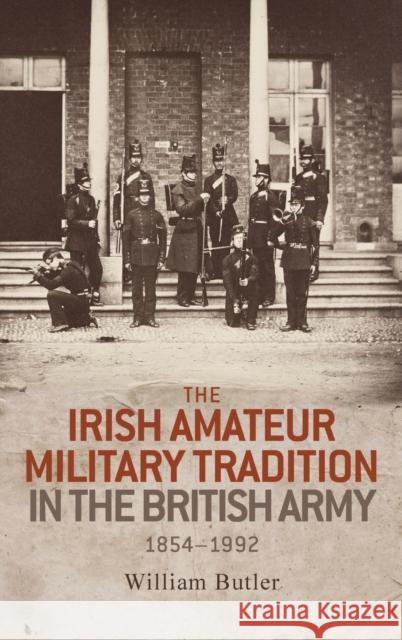The Irish amateur military tradition in the British Army, 1854-1992 » książka
The Irish amateur military tradition in the British Army, 1854-1992
ISBN-13: 9780719099380 / Angielski / Twarda / 2016 / 224 str.
Beginning with the re-establishment of the Irish militia during the Crimean War and continuing to the disbandment of the Ulster Defence Regiment in 1992, William Butler examines the Irish amateur military tradition in the British Army - distinguishing it from both the British amateur military tradition and the well-known paramilitary tradition in Ireland.
Irish men and women of both religions and political persuasions made a significant contribution to the British Army, playing an important role within the Empire while also providing a crucial link between the Army and Irish society. This link often involved a fractious relationship, especially at the beginning and at the end of the period, but in many ways these organisations came to reflect Irish and, later, Northern Irish society. It has long been assumed that, especially during the nineteenth century, Irishmen were driven into the British Army by a 'compulsion of destitution'. Butler strongly contests this. Drawing on a detailed analysis of around 30,000 enlistments, he argues that, far from being destitute, many of those involved in the Irish amateur military tradition were in steady employment. For these recruits the key factors were social mobility, political patronage and loyalty to Britain and its Empire.
Taking the period as a whole, two divergent Protestant and Catholic traditions emerge, making the book ideally suited for students and lecturers with an interest in Ireland and the British Empire, the British Army and military history, Imperialism and British and Irish society during the nineteenth and twentieth centuries.











